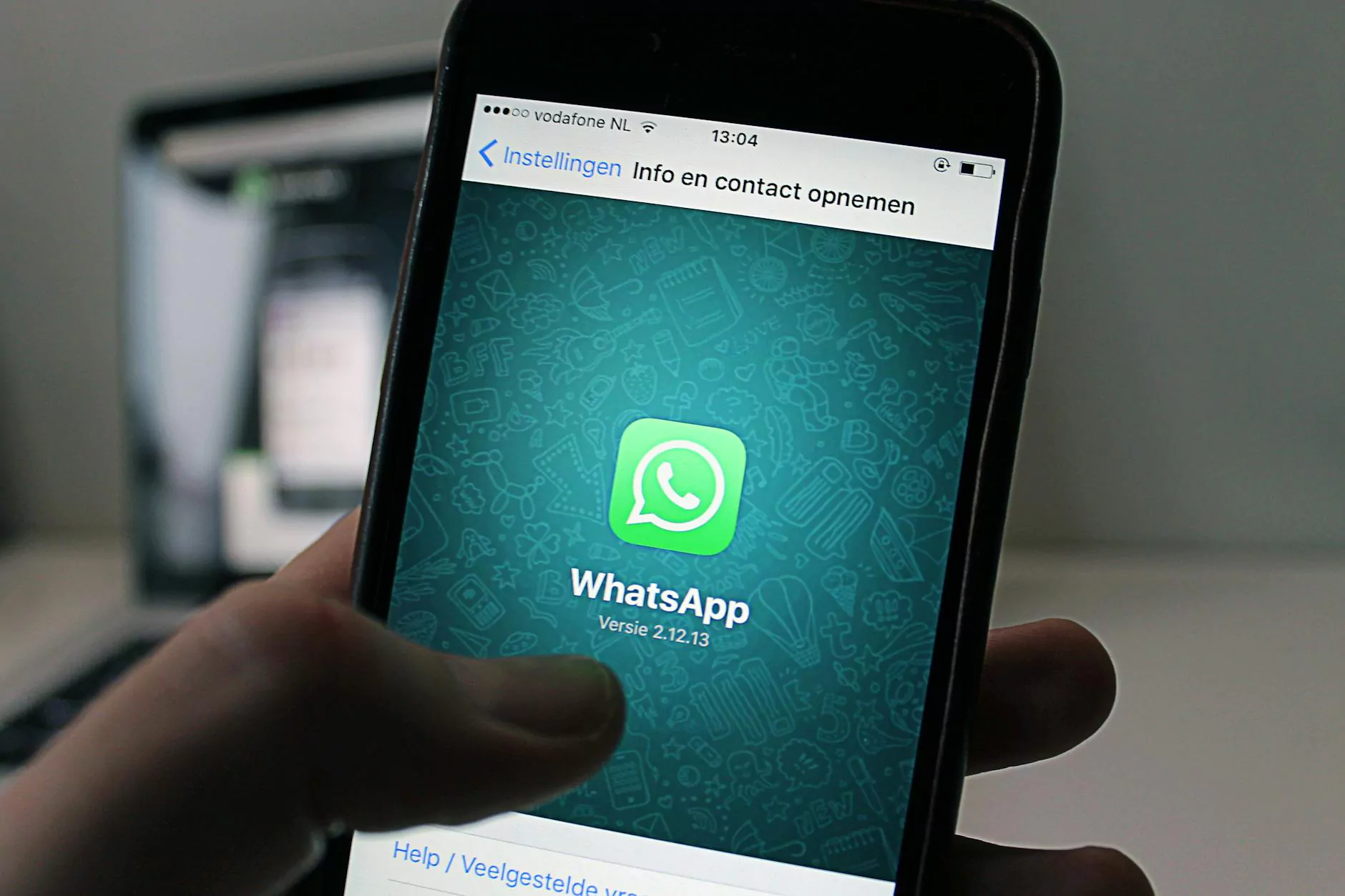12 Effective Mobile App Testing Every QA Should Know
Blog
Welcome to the world of mobile app testing! As a Quality Assurance (QA) professional, it is crucial to be familiar with various mobile app testing types to ensure the success of your app. At Seo by Chrys, we understand the importance of delivering flawless mobile applications to enhance user experience. In this article, we will walk you through 12 effective mobile app testing types that every QA should know.
1. Functional Testing
Functional testing is a fundamental aspect of mobile app testing that focuses on checking whether the application functions correctly as intended. It involves testing all the features and functionality of the app, ensuring it meets the business requirements and user expectations.
2. Usability Testing
Usability testing evaluates the user-friendliness of the mobile app. It examines how easy it is for users to navigate through the app, interact with different elements, and accomplish tasks. By conducting usability testing, QA professionals can identify any user experience issues and improve the overall usability of the app.
3. Performance Testing
Performance testing is essential to assess how well the mobile app performs under various conditions, such as different network speeds, device capabilities, and user load. By conducting performance tests, QA professionals can identify any bottlenecks, performance issues, or crashes and optimize the app for better performance.
4. Compatibility Testing
Compatibility testing is crucial to ensure the mobile app is compatible with different devices, operating systems, and screen sizes. It ensures that the app functions seamlessly on a wide range of devices and provides a consistent user experience regardless of the user's device specifications.
5. Security Testing
Security testing focuses on uncovering vulnerabilities and weaknesses in the mobile app's security measures. It includes testing for potential data breaches, unauthorized access, secure communication, and protection against common security threats. By conducting thorough security testing, QA professionals can protect user information and ensure the app's integrity.
6. Localization Testing
In today's global market, it is essential for mobile apps to cater to a diverse audience. Localization testing ensures that the app is culturally adapted and functions flawlessly in different regions and languages. QA professionals validate the correct translation, date formats, currency symbols, and cultural nuances to provide a seamless user experience globally.
7. Installation/Uninstallation Testing
Installation/uninstallation testing focuses on the seamless installation and removal of the mobile app from various devices. QA professionals test the installation process to ensure it does not encounter any errors or conflicts, and the app is successfully installed without any issues. Similarly, uninstallation testing ensures that the app is removed completely without leaving any residual files or affecting the existing device settings.
8. Regression Testing
Regression testing is crucial to identify any new bugs or issues that may arise after introducing changes or updates to the mobile app. It involves retesting the previously tested functionalities to ensure they continue to work as expected. QA professionals perform regression testing to ensure that any new modifications do not impact existing features negatively.
9. Interruption Testing
Interruption testing evaluates how well the mobile app handles interruptions, such as incoming calls, SMS notifications, low battery, or low memory situations. QA professionals simulate these interruptions to assess if the app gracefully handles such scenarios without any data loss or app crashes, ensuring uninterrupted user experience.
10. Network Testing
Network testing evaluates the mobile app's performance in different network conditions, including varying network speeds, weak or intermittent network connections. It tests how well the app loads, navigates, and transfers data under different network conditions to ensure a smooth user experience across different network environments.
11. Battery Consumption Testing
Battery consumption testing focuses on assessing the mobile app's impact on the device's battery life. QA professionals evaluate the app's power consumption patterns, identify any excessive battery drain issues, and optimize the app's power usage to enhance its efficiency and user satisfaction.
12. Accessibility Testing
Accessibility testing ensures that the mobile app is accessible to users with disabilities, such as visual, auditory, or motor impairments. It involves testing the app's compatibility with screen readers, support for voice commands, and adherence to accessibility guidelines. By performing thorough accessibility testing, QA professionals can make the app more inclusive and compliant with accessibility standards.
With Seo by Chrys's expertise in mobile app testing, we ensure that your app meets the highest standards of quality and user satisfaction. Our comprehensive approach to mobile app testing embraces these 12 effective testing types, guaranteeing robust and flawless applications.
Stay ahead of the competition with Seo by Chrys's mobile app testing services. Contact us today to discuss your mobile app testing requirements and unlock the potential of your mobile application.










